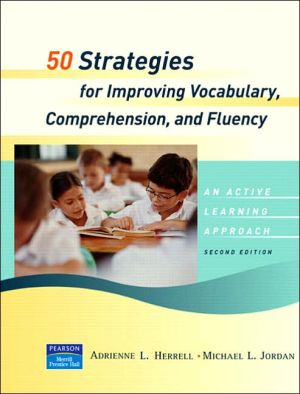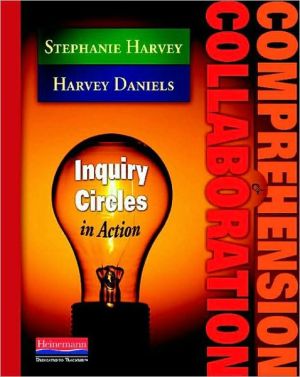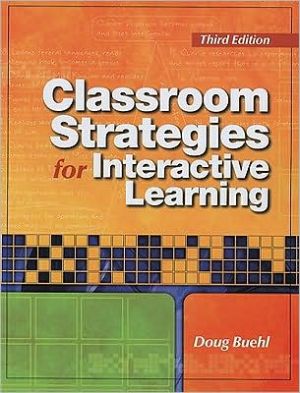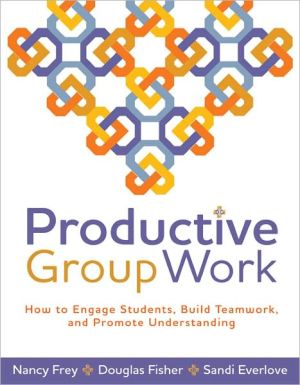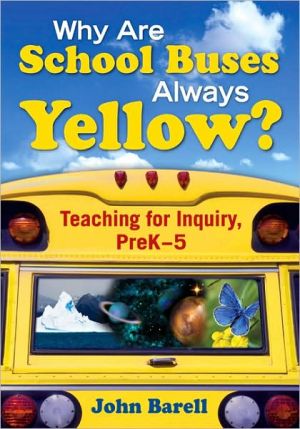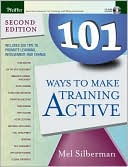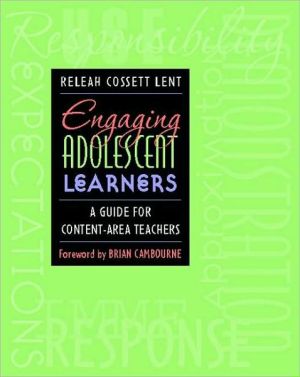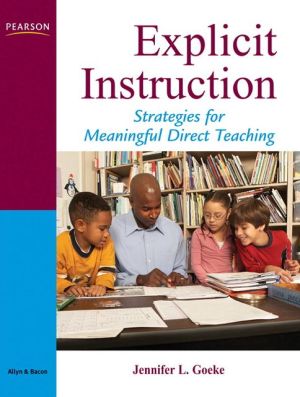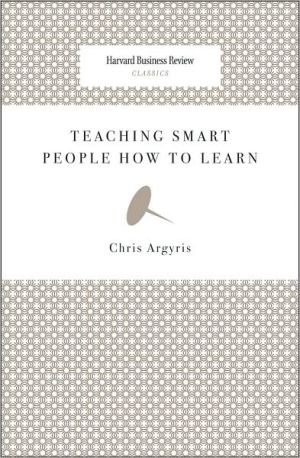50 Strategies for Improving Vocabulary, Comprehension and Fluency
50 Strategies for Improving Vocabulary, Comprehension, and Fluency offers a practical approach of step-by-step instructional procedures for developing key literacy skills. Each strategy is supported by an authentic classroom example. An additional example of each strategy is provided on the free CD-ROM that accompanies the book. These teaching examples clearly identify how to implement the strategy and adapt its use to fit the needs of learners in a primary/elementary and a middle...
Search in google:
50 Strategies for Improving Vocabulary, Comprehension, and Fluency offers a practical approach of step-by-step instructional procedures for developing key literacy skills. Each strategy is supported by an authentic classroom example. An additional example of each strategy is provided on the free CD-ROM that accompanies the book. These teaching examples clearly identify how to implement the strategy and adapt its use to fit the needs of learners in a primary/elementary and a middle school/secondary classroom. Margin features titled Focus on English Language Learners explain how to create learning tools to make the strategy fit the needs of English language learners. This '50 Strategies' book also offers: Classroom-based examples and strategies—Explains each strategy through step-by-step instructions. Teachers acquire the knowledge to teach necessary strategies. Strategies are grouped according to approach. Realistic application—Offers a variety of strategic approaches that can be incorporated into existing vocabulary development and reading comprehension programs.
1Collecting words : learning the nuances of word meanings62Structural analysis : focusing on the meaning of word parts103Word mapping : exploring word meanings and applications164Word origin studies : linking word histories and roots to word comprehension205Vocabulary processing : multiple strategies approach246Text talk : scaffolding comprehension through oral discussion307Microselection : introducing the concepts of key words and main ideas348Fluency strategies : multiple approaches389Anaphoric relations : word substitutions4410Connectives : focusing on words that support cohesion and inference4811Text charting : exploring the connections among sentences5312Inferences : filling in the missing pieces5813Read, pair, share : working with a partner to answer questions6114Cooperative scripts : working in pairs to improve comprehension and recall6515Gist (generating interaction between schemata and text) : making comprehension connections6816Predicting: using past experiences to support comprehension7417Perspective taking : getting into the minds of the characters7918Double-entry journals : connecting experiences to text8419Read/think aloud : emphasizing connections and thought processes8720Series book studies : building background knowledge through familiar story elements9121Intertextual studies : comparing story elements to build comprehension9622Graphic organizers : visually representing ideas, text, and connections10023Critical reading : analyzing text through higher-level thinking activities10424Imagination, images, and interaction : creating and describing mental pictures10825KWL charts : supporting comprehension into, through, and beyond reading11426Data charts : organizing information to aid comprehension and recall11827Drama centers : building comprehension through active processing12328Story retelling boxes : using props to reenact stories12729Script writing : investigating and analyzing text13130Reader's theatre : using active reading processes to enhance comprehension14031Story structure studies : recognizing and building on narrative story elements14732Text mapping : a traveler's guide to comprehension15133Summarization : identifying the main idea and supporting details15634NIPS : an interactive support strategy for comprehending "tough" text16335Cross-checking : self-monitoring at the sentence level16836Periodic paraphrasing : monitoring your own understanding17337Self-monitoring through imaging and interacting : demonstrating understanding17738Note taking : identifying and monitoring understanding of important information18139Reciprocal teaching : a cooperative approach to comprehension monitoring18640Fix-up strategies : knowing what to do when reading doesn't make sense19041SQ4R : studying for comprehension and memory19542Literacy observation checklists : observing and conferencing to document and set goals20243Vocabulary rating : assessing word understanding and use20744Retelling for assessment : using free recall to determine depth of understanding21045Comprehension style assessment : how does the reader construct meaning?21746Cloze assessment : evaluating the use of comprehension processes22247Think-aloud : assessing comprehension strategy use22748Process questions : identifying metacognitive strategies23149Question-answer relationships : identifying question types and locating answers23650Element interviews : engaging students in interactions centered on story elements242
